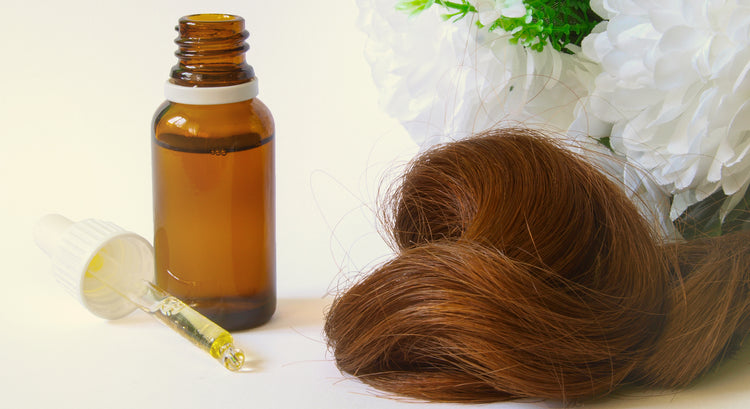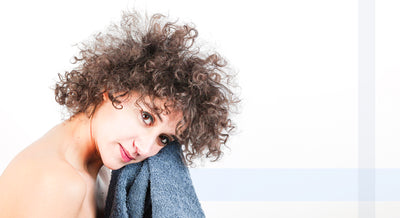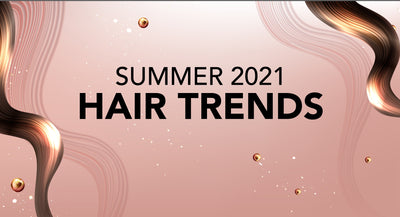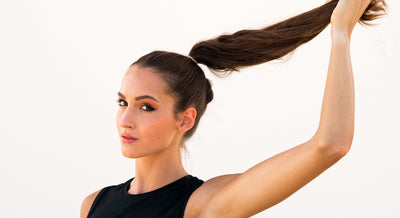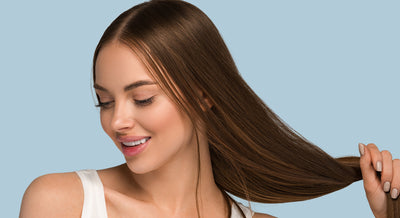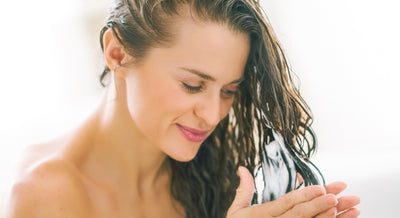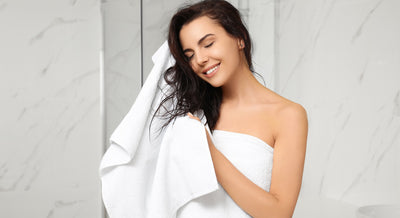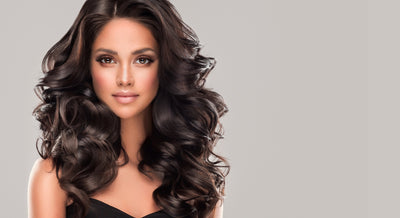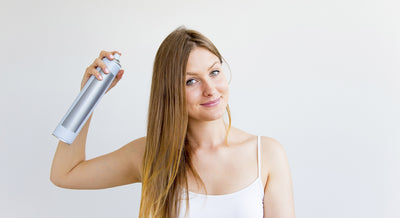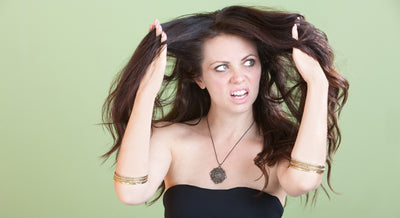Struggling with flaky skin or dandruff that causes irritation and discomfort can be exhausting. It can stress you out on so many levels.
Sometimes no matter how much you spend on treatments; it always seems to come back. The question is, why? The answer, however, may not be that straightforward.
Is there any cheaper treatment that can treat recurring dandruff effectively? Well, you might be surprised to know the true potential of argan oil. It not only treats dandruff but also helps heal the affected area.
Where does dandruff come from?
Having a small amount of dandruff is natural. Our skin naturally sheds dead skin cells all the time. But when the speed of shedding increases, that’s when dandruff occurs.
The dead skin cells start to accumulate in different places on your scalp. This buildup turns into visible whitish or greyish flakes of dandruff. You may see this dandruff on your scalp as well as on your shoulders as it falls.
Argan oil treatment for dandruff
Argan oil is rich with vitamin E, fatty acids, and proteins. It wouldn’t be incorrect to say that it is a goldmine of essential nutrients. It not only treats dandruff but also heals the damage it has done.
Dry scalp is one of the most common and significant reasons behind dandruff. Whenever you locate a single dandruff flake, you should start looking for a moisturizer.
You may not know it, but Argan oil has excellent moisturizing abilities. If you have it, then you won’t need another moisturizer in your hair care kit. As per various researchers, it restores the skin’s ability to grasp moisture. Because of this, your skin will be able to lock in more amount of moisture, and it will never get dry again.
Argan oil also has anti-inflammatory properties. That is why it can reduce dryness, itchiness, and redness on the affected area. The efficiency of its result depends upon how pure the extracted oil is. So, be sure to buy it from a reliable source and check the ingredients list to make sure nothing else has been added to the product.
You can directly apply it on the skin because it is not an essential oil but rather, a powerful carrier oil. Using an essential oil on your skin can cause a rash, irritation, and greasy looking skin, but this is not the case for argan oil.
It does not cause any allergic reactions, nor is it greasy or thought to be an irritant. It is in fact, a non-harmful, non-sticky, and odorless oil.
How to use Argan oil against dandruff?
Applying essential oils is not that tricky a job. Read these guidelines, and get rid of dandruff once and for all.
1) Before applying, exfoliate your scalp
To let the nourishment in oil reach into your hair follicles, you must remove anything blocking its path. Dandruff, dirt, and other chemicals and buildups are obstacles in the way for allowing oil to do its job.
If you want to enjoy all of the benefits of argan oil, exfoliate your scalp to get rid of all the barriers to allow it to penetrate more effectively.
2) Massage your scalp
After washing your hair, be sure that you have dried your strands properly. Take a few drops of Argan oil in your palms and start massaging the scalp gently. By massaging, you are actually letting the oil reach deep into the roots of hair where it can work magically.
- Use your fingertips to move around different places on your scalp — massage in a circular pattern.
- The best way to massage it is to start from the front side and work your way gently to the backside of your head.
- Keep massaging for some time until the oil has spread across the scalp thoroughly.
- Repeat this practice three to four times a week to get fast results.
3) Create a hair mask
Creating a hair mask using argan oil is not a complicated task. Argan oil is not an essential oil but a carrier oil, so you can mix it up with another essential oil for added benefits.
- Combine pure argan oil with essential oils to create a hair mask of your own.
- Take a small amount of that mixture and apply directly to your hair.
- Massaging it will soothe both your scalp and hair. Keep the massage up for several minutes until the oil has covered all of your hair strands.
- Let your hair rest with the oil for an entire day. Rinse it thoroughly once it has penetrated.
- You will surely notice a reduction in dandruff. Make this a part of your routine to completely get rid of dandruff permanently.
4) Argan oil shampoo
Shampoos having argan oil as their major ingredient are readily available in supermarkets. If you do not want to spend extra money, then you can also make one yourself.
- Take a few drops of Argan oil and mix it into your regular shampoo before applying.
- Apply it directly to your head and massage with your fingertips.
- Leave it to penetrate for a few minutes and rinse it thoroughly afterward.
- Repeat this practice two to three times a week to get the best results.
Other essential oils to treat dandruff
There are plenty of different essential oils present that are somewhat similar to argan oil. Here are some other oils that may also help you treat dandruff:
- Almond oil: Just like Argan oil, Almond oil is also a nutritional hub of minerals and vitamins. It is not only a great moisturizer but also heals damaged hair.
- Olive oil: Both Argan oil and Olive oil have a good deal of vitamin E and essential fatty acids that our body’s need. Unlike other oils, Olive oil can penetrate deep into the skin to give it the nourishment that it needs.
- Castor oil: Castor oil has antibacterial and antifungal qualities, which can work best to treat the source of dandruff. Castor oil has also proven to be a great remedy for redness and itchiness on the scalp due to dandruff.
- Lavender oil: Due to its antibacterial properties, it has the potential to eliminate the bacteria responsible for dandruff. It effectively treats dandruff, as well as stimulates new hair growth in the affected area.
- Coconut oil: Like all a few of the oils mentioned above, it also has antibacterial and antifungal properties to help fight off the cause of dandruff.

